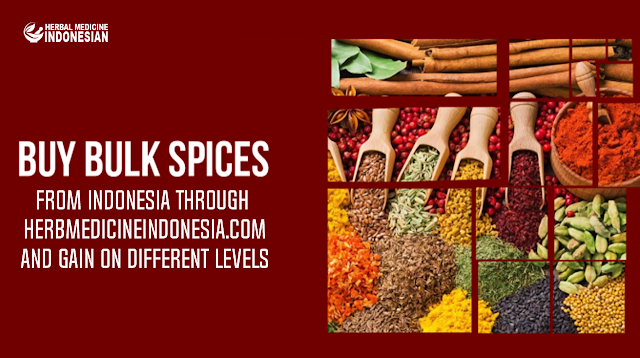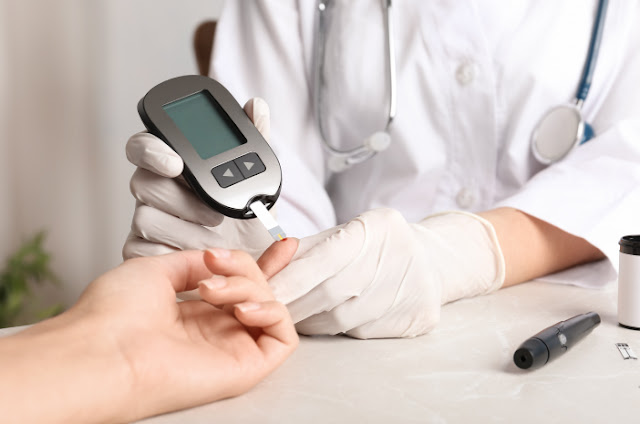Organic fennel seed powder has been revered for centuries for its numerous health benefits. Derived from the seeds of the fennel plant (Foeniculum vulgare), this potent powder offers a natural remedy for various ailments and promotes overall wellness. In this comprehensive article, we will delve into the top 10 health benefits of organic fennel seed powder, providing you with detailed insights into why you should incorporate this powerhouse ingredient into your daily routine.
1. Rich in Nutrients and Antioxidants
Organic fennel seed powder is a nutritional powerhouse, packed with essential vitamins and minerals. It contains high levels of vitamin C, calcium, magnesium, potassium, and iron, which are crucial for maintaining overall health. Additionally, fennel seeds are rich in antioxidants, such as flavonoids and phenolic compounds, which help combat oxidative stress and reduce the risk of chronic diseases.
2. Supports Digestive Health
One of the most well-known benefits of organic fennel seed powder is its ability to promote digestive health. Fennel seeds contain anethole, a compound that has been shown to have anti-inflammatory and antispasmodic properties. This makes fennel seed powder an effective remedy for indigestion, bloating, and gas. It also stimulates the production of gastric juices, which aids in the efficient digestion of food.
3. Promotes Heart Health
Incorporating organic fennel seed powder into your diet can significantly benefit heart health. The powder is rich in fiber, which helps reduce cholesterol levels and prevents the buildup of plaque in the arteries. Additionally, the potassium content in fennel seeds helps regulate blood pressure, reducing the risk of hypertension and other cardiovascular diseases.
4. Enhances Immune System
The high concentration of vitamin C in organic fennel seed powder plays a crucial role in enhancing the immune system. Vitamin C is a powerful antioxidant that protects the body against infections by stimulating the production of white blood cells. Regular consumption of fennel seed powder can help keep your immune system strong and reduce the frequency of illnesses.
5. Aids in Weight Management
For those looking to manage their weight, organic fennel seed powder can be a valuable addition to their diet. The powder has diuretic properties that help reduce water retention and eliminate toxins from the body. Furthermore, fennel seeds are known to suppress appetite, making you feel fuller for longer periods and reducing overall calorie intake.
6. Improves Hormonal Balance
Organic fennel seed powder is beneficial for maintaining hormonal balance, particularly in women. The phytoestrogens present in fennel seeds mimic the action of estrogen in the body, helping to alleviate symptoms of menopause and menstrual discomfort. Additionally, fennel seed powder can help regulate menstrual cycles and reduce the severity of premenstrual syndrome (PMS).
7. Supports Respiratory Health
The anti-inflammatory and expectorant properties of organic fennel seed powder make it an excellent remedy for respiratory issues. It helps clear mucus from the airways, making it easier to breathe. Fennel seed powder is particularly effective in treating conditions such as asthma, bronchitis, and chronic coughs.
8. Enhances Skin Health
The antioxidants and essential nutrients in organic fennel seed powder contribute to healthy and radiant skin. The powder helps combat free radicals, which can cause premature aging and skin damage. Additionally, the anti-inflammatory properties of fennel seed powder can help reduce acne and other skin irritations, leaving your skin looking clear and youthful.
9. Boosts Cognitive Function
Fennel seed powder contains compounds that can enhance cognitive function and improve memory. The antioxidants in fennel seeds protect the brain from oxidative stress, which can lead to neurodegenerative diseases. Regular consumption of fennel seed powder has been linked to improved mental clarity and a reduced risk of conditions such as Alzheimer’s disease.
10. Promotes Eye Health
Finally, organic fennel seed powder is excellent for promoting eye health. The high levels of vitamin A and other antioxidants in fennel seeds help protect the eyes from age-related macular degeneration and other vision problems. Additionally, the anti-inflammatory properties of fennel seed powder can help reduce eye irritation and fatigue.
Incorporating organic fennel seed powder into your diet can provide a multitude of health benefits, making it a valuable addition to your daily wellness routine. Whether you add it to your smoothies, sprinkle it on your salads, or use it as a seasoning in your cooking, the benefits of this powerful powder are undeniable.





